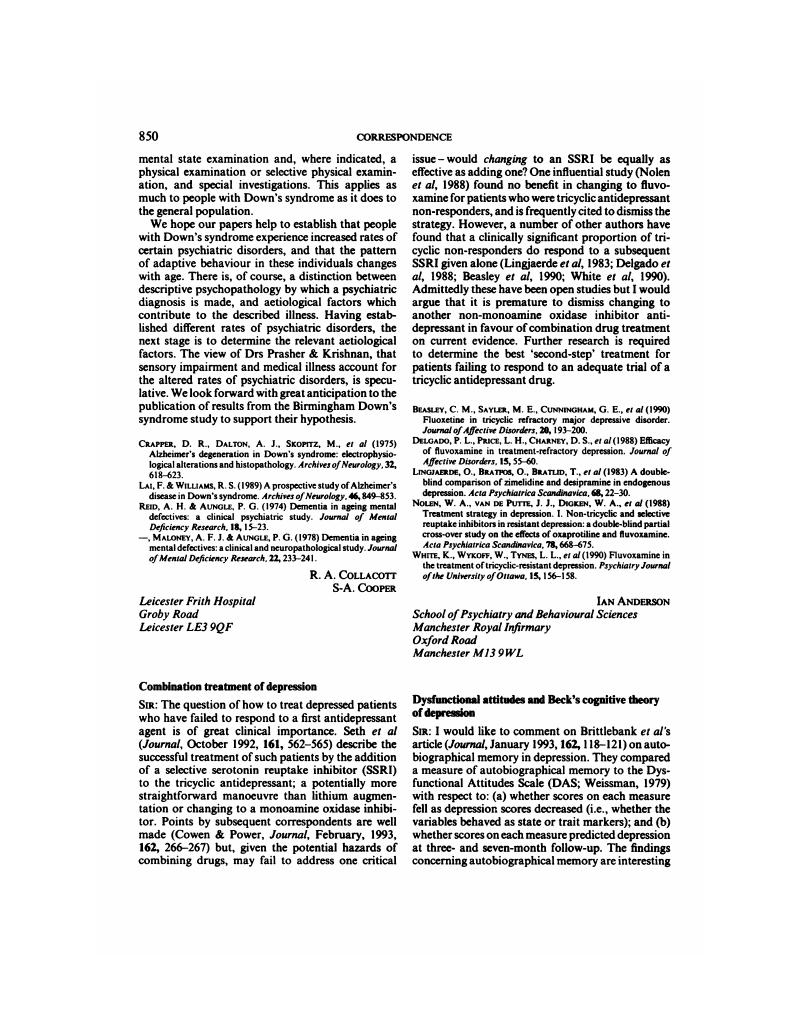Crossref Citations
This article has been cited by the following publications. This list is generated based on data provided by Crossref.
Knudsen, Helle Charlotte
1996.
Rehabilitation and care of mentally ill patients.
Current Opinion in Psychiatry,
Vol. 9,
Issue. 2,
p.
167.
Muijen, Matt
1996.
Mental Health Matters: A Reader.
p.
143.
o'Malley, Lisa
and
Croucher, Karen
2005.
Supported Housing Services for People with Mental Health Problems: A Scoping Study.
Housing Studies,
Vol. 20,
Issue. 5,
p.
831.
Wang, Jingyi
Lloyd-Evans, Brynmor
Giacco, Domenico
Forsyth, Rebecca
Nebo, Cynthia
Mann, Farhana
and
Johnson, Sonia
2017.
Social isolation in mental health: a conceptual and methodological review.
Social Psychiatry and Psychiatric Epidemiology,
Vol. 52,
Issue. 12,
p.
1451.






eLetters
No eLetters have been published for this article.